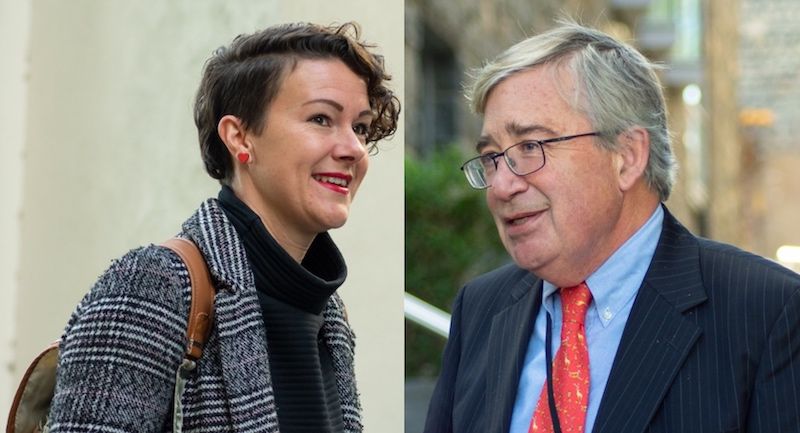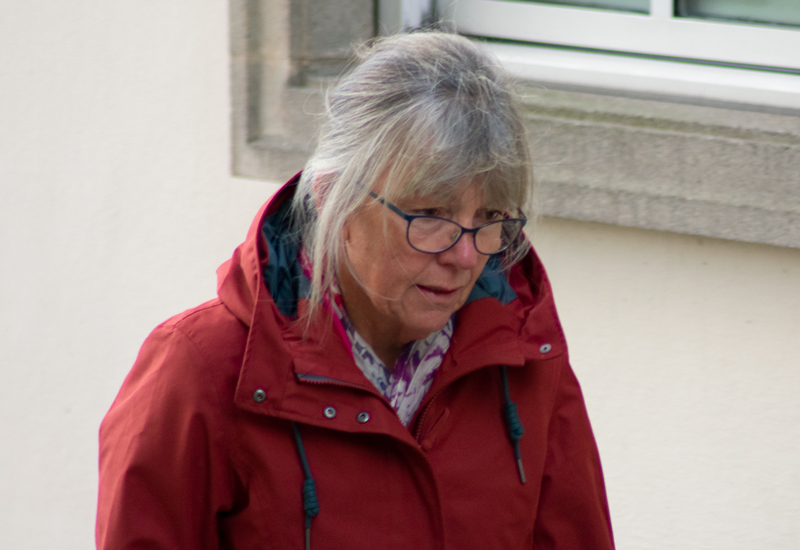

Deputy John Dyke has withdrawn his proposal to prevent an increase to income limitations for 2021, after several impassioned rebuttals from other States Members.
In an amendment to the non-contributory benefit rates for 2021, he and David De Lisle hoped to keep the limitation – which is the maximum amount a family can earn from a combination of earnings, family allowance, top-ups and other benefits – at £850 a month.
While he agreed that it was the ‘right thing to do’ for the States to assist children who are living in poverty, he did not feel this was the best way to support those children, and feared that his concerns had been mischaracterised.
“I am fully in accord with the idea that the States is, in a way, ‘in loco parentis’ to those children who, for whatever reason, are not well cared for by their parents,” he said.
“The point is that in terms of principle and effectiveness, an increase in benefits levels for the most disadvantaged is really not the best way of helping the most vulnerable children."
Pictured: Deputy Tina Bury's maiden speech was made in defence of increases to the income support limits, to support families and children living in poverty.
“Once we get to dealing with the most dysfunctional families, we have children turning up at school unwashed, poorly dressed, and not well fed, by parents who can’t or won’t, for whatever reasons, look after them properly."
“Is it sensible to throw more money at them? Will the money really reach the children concerned?”
He suggested the money used to allow this increase could instead be used to instead fund more ‘direct’ ways of tackling childhood poverty, such as support and outreach workers.
But other Deputies took umbrage with his characterisation of the families receiving income support, and challenged the ‘unfortunate language’ used in the amendment:
“If this amendment passes, we’re looking at leaving this chamber today having allowed up to 241 children to remain in poverty,” said HSC Vice President Tina Bury in her maiden speech.
An ill judged amendment, wisely withdrawn. https://t.co/yrYDxJQALg
— Gavin St Pier ???????? (@gavinstpier) December 16, 2020
“The original proposition will decrease that to 172 children. The ideal of course would be to have no children in poverty, and the way to do that would be to scrap the benefit limitation altogether."
“The explanatory note [of the amendment] states there is ‘no justifiable reason’ to raise the limit. I don’t believe that reasons come more justifiable than children going hungry, cold, or not having enough to reach their potential.”
Other Deputies were concerned that Deputy Dyke was suggesting a correlation between poverty and parental neglect.
“I was astounded by Deputy Dyke’s framing of these families as somewhat feckless, saying that they are unable to look after their own children,” said Deputy Yvonne Burford.
“This correlation between poverty and bad parenting will be grossly offensive to parents, often working parents, whose only crime is to be short of money, often through circumstances beyond their control, often working full time at minimum wage, doing work that the vast majority in this assembly wouldn’t do for five times the pay.”

Pictured: "We simply can't be Guernsey Together if we believe that using such a relatively small sum of money to lift 69 children out of poverty is something we cannot afford" - Deputy Yvonne Burford.
Sensing the ‘mood of the house’ after several such representations, Deputy Dyke requested that the amendment be withdrawn, which the assembly agreed to.
CLICK HERE to read more from the Guernsey Community Foundation about the income support benefit limitation.
Comments
Comments on this story express the views of the commentator only, not Bailiwick Publishing. We are unable to guarantee the accuracy of any of those comments.